Three years ago, sandwich chain Baguette Express would not have even featured on British Baker’s definitive list of Britain’s top 75 bakery retailers. But today the East Lothian-based company is the fastest grower at number 20, with 62 outlets across the country, and is eyeing a top-10 place; it has ambitious plans to take on Subway and Greggs as it grows its retail estate to 300 stores over the next five years.
Like Subway, franchising has been at the heart of Baguette Express’ rapid ascent, with the pace of growth set to increase following deals last year to sign up three master franchisees in Manchester, Newcastle and London. In the long term, the company aims to build up a network of 10 master franchisees across the UK.
"When you go to a master structure you change the whole way the business operates," explains Jim Stewart, business development manager. "As a head office, we support the master franchisees to recruit franchisees in their areas. My time is spent with the masters in their territories, raising their profiles. With shops opening under the three master franchises, it will help me sell more master areas, because I’m able to prove the model. I’m particularly interested in the Midlands and we’ve had discussions with an interested party in Northern Ireland."
First set up as a single outlet in 1999, Baguette Express was taken over by entrepreneurial brothers Robin and Billy Stenhouse in 2004, who moved it to a franchise model and grew the business initially in Scotland. Turnover stands at around £15m.
"Four years ago we started off with a core of seven shops in Scotland, but 80-90% of enquiries are now from England," says Stewart. "There has really been a dramatic flip over the past six months and we fully expect the growth we had in Scotland to replicate itself in England."
Baguette Express shops sell made-to-order baguettes, paninis, wraps and rolls, supplied by wholesaler Lomond Foods, as well as salads, baked potatoes, snacks and traybakes. Bread is delivered frozen and baked-off in-store. Store location is vital, says Stewart, particularly as the Baguette Express experience is targeted at key consumer groups.
"We know the type of people who enjoy Baguette Express office workers, students and shoppers. We spend a lot of time in the early days with a franchisee, visiting sites. It’s that famous phrase, ’location, location, location’. It’s about going to sites at different times of the day and different days of the week, even when it’s raining or sunny," says Stewart. "We want to be where lunch is happening. If everyone is at one end of the street offering lunch, that’s where we want to be. We don’t want to drag people 100 yards up the street, because people won’t do it they like familiarity and convenience."
Finding the right person to run the business is also key, says Stewart. But what makes a good Baguette franchisee? "You’ve asked the best question ever. It’s the very essence of what is going to make an outlet successful," he says. "Everything is in place the quality of the food, the image of the brand and the business process has been tried and tested 62 times, but you need an individual who can make these three elements work together someone who is business-orientated. We look for people with energy and marketing flair, who understand local promotion and buying in customer loyalty. They don’t necessarily need retail experience, but they must be able to prove marketing, business and entrepreneurial experience."
Number crunching
The cost of a Baguette Express franchise
A typical Baguette Express outlet will have a minimum of 400sq ft up to a maximum of 1,000sq ft of retail space. This would cost:
Initial licence fee: £15,000
Shopfitting and signage (depending on shop size): £56,000 to £100,000
Tills: £2,500
Legal/property fees: (approx) £5,000 to £10,000
Initial working capital requirements: £2,000
Approximate total investment: £81,000 to £130,000
All figures are exclusive of VAT. In addition to the initial licence fee, a management charge of 7% of gross income is payable.
What a franchisee could earn
Turnover: £240,000; Gross profit: £144,000; Running costs: £81,000; Management charge: £16,800; Approximate net annual profit: £46,200


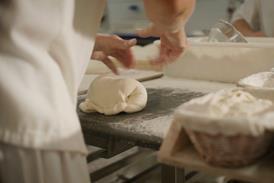
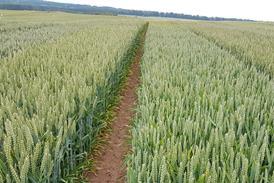

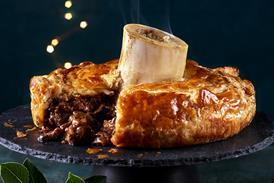
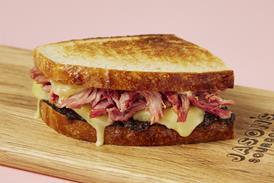


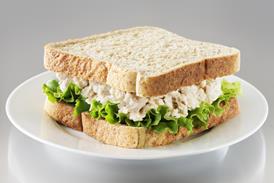



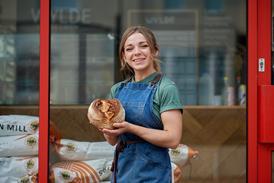

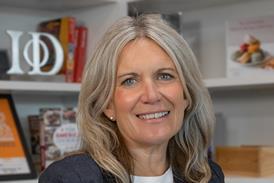


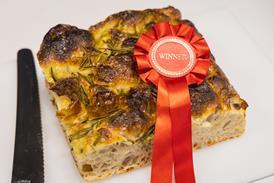







No comments yet